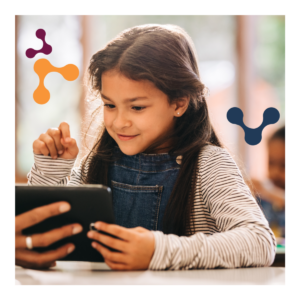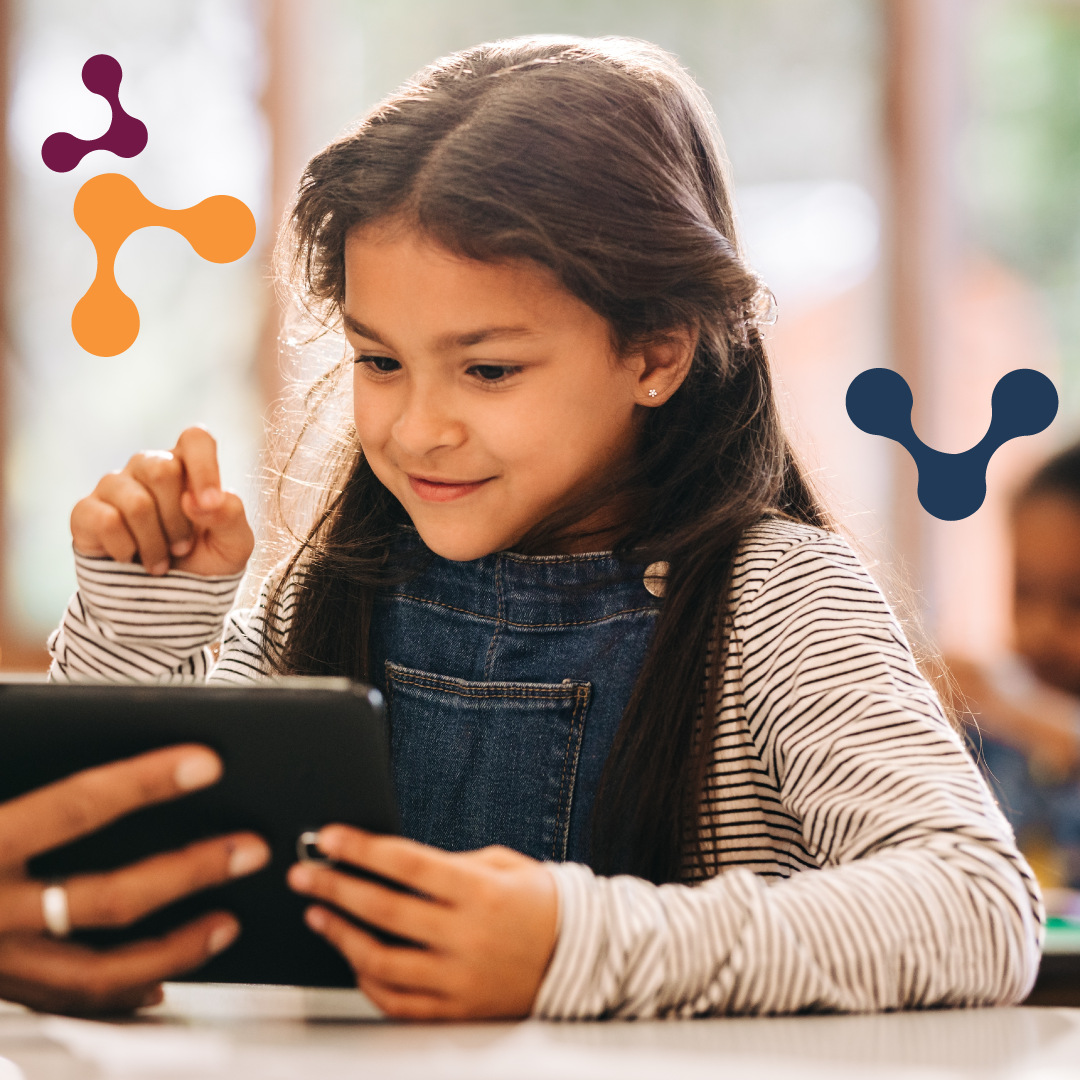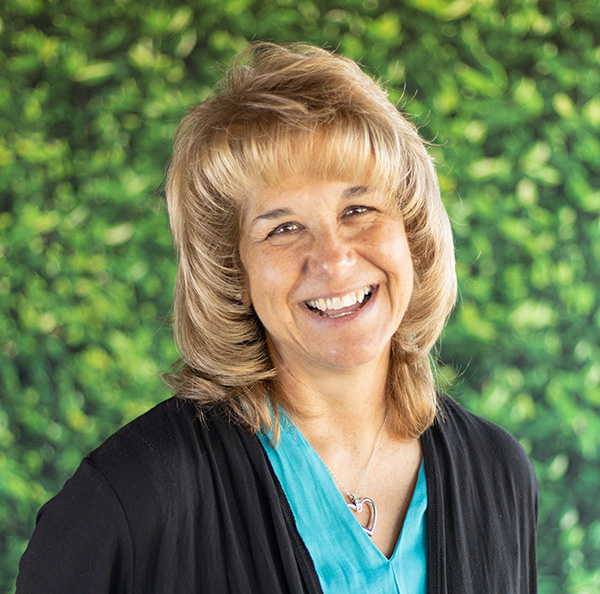Competency-Based Learning
It’s a term that seems to be popping up more and more often in our educational ecosystem. It’s not a new concept, the Aurora Institute, formerly known as iNACOL, has been presenting research on it since just a few years after the turn of the century. But like most new modes of operation on the market, you may not really notice competency-based learning until you try it on for size. It’s sort of like when you like when you buy a new car, you start to see that model everywhere.
Competency-based learning is a break from traditional schooling in that it transitions the major focus from teacher input and standards and moves it to learner-centered and evidence-learning. It’s not a major shift, yet it is not easy; a little bit like developing the habit of saying we “get to” instead of “have to.”
I am energized by what we are doing together in Sainte Genevieve School District, Raymore-Peculiar School District, and Hazelwood School District in Missouri. These schools have accepted the challenge to focus students’ school experience on developing sets of skills and understandings that they can use to continue to learn. Going beyond grades, students in these school districts will be clarifying where they are in meaningful learning progressions and setting personal goals to work towards their next steps.
Competency-based learning follows the research and work of Thomas Gusky, Doug Reeves, and John Hattie, to name a few. It’s based on what works from the perspective of the learner.
Getting Started
The questions I seem to get most are, “How do I start?”, “What do I shift?”, and “Where do I begin the alignment?”.
That’s where we come in. It’s the work we know in our hearts. It’s learner-centered. It’s evidence-based. It’s looking at assessment differently. It’s what drew me to The Core Collaborative in the first place.
Beliefs
It all begins with aligning our beliefs in learning and then stacking on instructional practices, structures, and tools. The beliefs that ground competency-based learning have been pretty straightforward from the onset. Check out an original list from the article, Evaluating Your School’s Competency Education Journey and Answering the Question: Are We There Yet?:
 Students advance upon demonstrated mastery.
Students advance upon demonstrated mastery.- Competencies include explicit, measurable, transferable learning objectives that empower students.
- Assessment is meaningful and a positive learning experience for students.
- Students receive timely, differentiated support based on their individual learning needs.
- Learning outcomes emphasize competencies that include the application and creation of knowledge, along with the development of important skills and dispositions. (Stack, Brian. March 30, 2016)
Clarity
Once the beliefs are in place, we focus on clarity. My work with Kara Vandas and Clarity for Learning provided the foundation for ensuring students and educators alike have a shared understanding of what is expected and how they can progress. This clarity makes the steps needed to shift from a focus on teaching to a focus on gathering evidence of learning practical and possible.
And here’s the best part. When I spend my time in classrooms – including as a former Assistant Superintendent for Innovation & Learning – I can get to this evidence of learning quickly. When you meet with students who are clearly able to articulate their learning by sharing where they are in the process, what steps they need to take to show they have learned, and where they are going with their learning, you know you’ve hit the sweet spot for the learners. It’s exciting to see. It makes me proud of the teachers at these schools for growing their practice and impacting the learning of their students. Sure, it takes some work, but we know the way because we’ve been there before and the end result makes it all worthwhile. Trust me.
I can’t wait to share more about the journey these amazing school districts are on as they build from beliefs and clarity to this new vision of what learning looks like.
Embrace the power of personalized learning and unlock your potential with Competency-Based Learning.
Get Started Today


